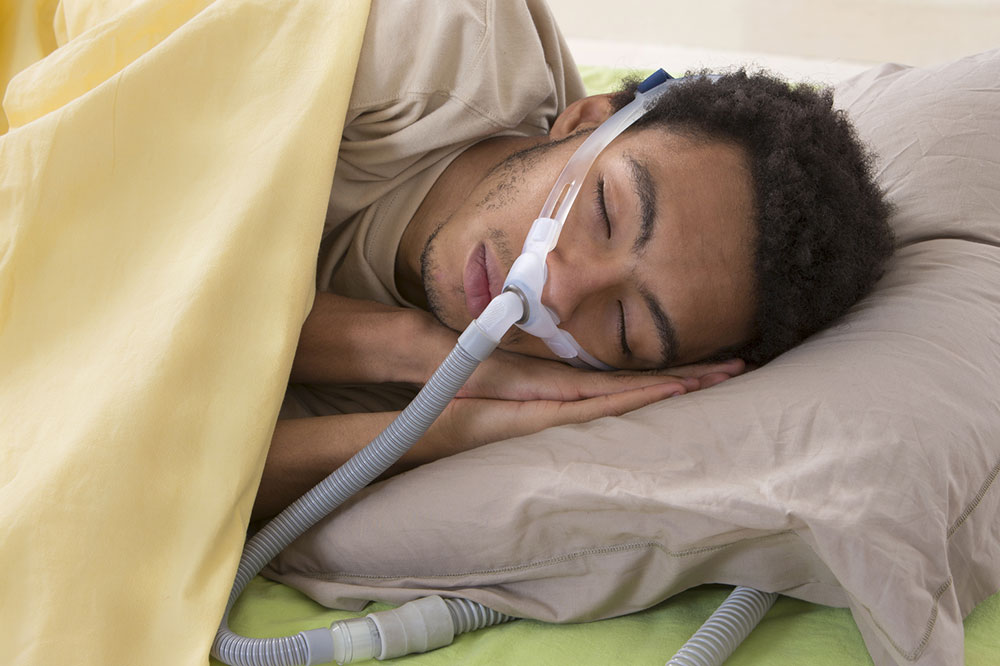
5 General Causes of Sleep Apnea
Sleep Apnea is a condition where a person who is asleep faces difficulty in breathing. The breathing stops and repeatedly starts while they are asleep. These breathing problems can cause snoring. It can also cause difficulty in breathing making the person get up suddenly gasping for breath. It can lead to sleep problems and cause daytime sleepiness and fatigue. It may even lead to high blood pressure or heart failure in extreme cases. Sleep apnea is a condition that should not be ignored and treated.
There are two kinds of sleep apnea: obstructive and central. And the causes of sleep apnea depend on its type. Here are the most prominent ones that one needs to be aware of.
1. Muscular Changes
The reason for sleep apnea is the relaxation of the muscles at the back of the throat. When the muscles relax, the airways become narrow making it difficult to breathe. This makes the brain send a signal to wake the person to take a breath. This can happen many times while a person is asleep and they may not even realize it.
2. Excess Weight
The blockage in the muscles could be because of excess weight. Obesity or being overweight can lead to fat in the upper airway. This can cause restriction of airflow. The air that manages to flow through causes snoring, which is a common symptom of obstructive sleep apnea.
3. Body Structure
A person with a thick neck can be at risk of getting this condition. Neck sizes of more than 17 inches in men and 16 inches in women are at risk. People with a large tongue, a narrow palate, or a shorter lower jaw are prone to develop this condition.
4. Certain Medical Conditions
People with medical conditions that cause nasal congestions are at a higher risk. Other health conditions that can cause sleep apnea are congestive heart failure, chronic obstructive pulmonary disorder (COPD), Parkinson’s disease, Type 2 diabetes, and hypertension.
5. Neural Issues
A problem in the central nervous system results in the brain failing to send proper signals to breathing muscles. This causes breathing problems that affect sleep. Usually, people who have heart problems, regularly use pain killers, or live in high altitudes would have problems in the brain.
Males and older people are more prone to getting central sleep apnea. Those who have heart problems or have had a stroke are at higher risk. People who use opioid medicines are more at risk. The information provided herein would have helped you understand more about this condition. Sleep apnea can be treated, it is important to meet a doctor if you have the symptoms of this condition.


